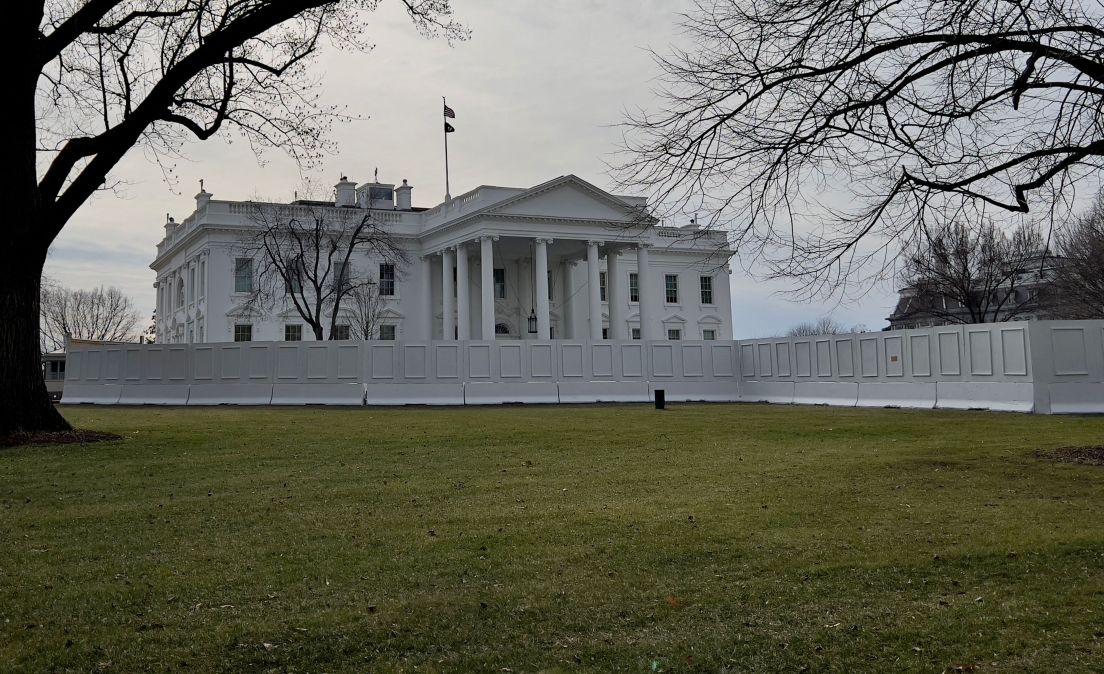US, partner countries preach open, secure and resilient principles for 6G systems

The U.S. and nearly a dozen other countries are calling on other governments and organizations to support and uphold shared principles concerning open, secure and resilient 6G wireless communication.
In a joint statement issued Monday with Australia, Canada, the Czech Republic, Finland, France, Japan, the Republic of Korea, Sweden and the United Kingdom, the White House announced six principles regarding 6G: trusted technology that is protective of national security; affordability, sustainability and global connectivity; secure, resilient and protective of privacy; global industry-led and inclusive standard setting and international collaborations; cooperation to enable open and interoperable innovation; and spectrum and manufacturing.
“Telecommunications must be open, free, interoperable, reliable, resilient, and secure to be trusted by citizens and countries alike,” Anne Neuberger, deputy national security advisor for cyber and emerging technologies, said in a statement to FedScoop. “That is why the U.S. and nine allies just launched joint principles to guide the development of 6G. These principles aren’t applicable to just one future ‘G.’ They matter now, as technology and networks evolve.”
The spectrum and manufacturing principle zeroes in on 6G technologies that “use spectrum efficiently and incorporate spectrum sharing mechanisms by design to coexist with incumbent service providers,” while also promoting “a globally competitive market along the [information and communications technology] value chain and in all elements of the compute and connectivity continuum, with multiple software and hardware suppliers.”
“We believe this to be an indispensable contribution towards building a more inclusive, sustainable, secure and peaceful future for all, and call upon other governments, organizations and stakeholders to join us in supporting and upholding these principles,” the statement said. “Collaboration and unity are key to resolving pressing challenges in the development of 6G, and we hereby declare our intention to adopt relevant policies to this end in our countries, to encourage the adoption of such policies in third countries and to advance research and development and standardization of 6G networks.”
This release follows the White House’s November 2023 release of the National Spectrum Strategy, which acknowledged that the “demand for spectrum access is growing rapidly” — including the advancement of 6G technologies.
The strategy states that demand for 5G and 6G broadband networks is growing and “the United States is uniquely positioned to embrace a whole-of-nation approach to advance the state of technology for dynamic forms of sharing.”
This story was updated Feb. 28, 2024, with comments from Anne Neuberger.

